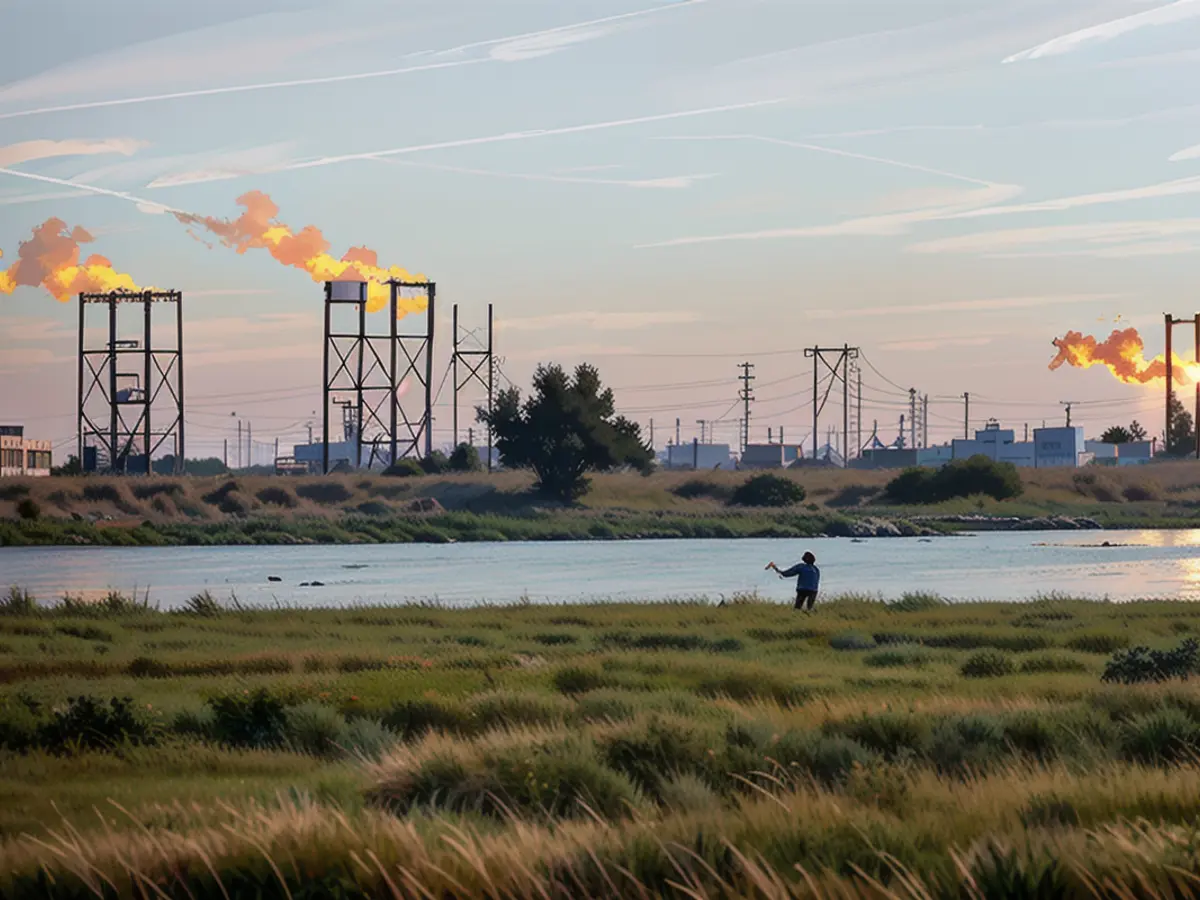Statistics - Energy consumption falls to historic low in 2023
According to a new projection, energy consumption in Germany in 2023 will have fallen to its lowest level since reunification.
In its latest forecast, the Working Group on Energy Balances (AG Energiebilanzen) expects a decrease of 7.9 percent to 10,791 petajoules (= 2998 terawatt hours). This means that the consumption of so-called primary energies in Germany is more than a quarter below the previous peak of 1990, as the AG announced in Berlin. Experts had already forecast energy consumption of this magnitude at the beginning of November.
To put this into perspective: according to the Federal Network Agency, 484 terawatt hours of electricity and 847 terawatt hours of natural gas were consumed in Germany in 2022. One terawatt hour is one billion kilowatt hours.
What is the cause?
The main reason for the decline was the drop in economic output. "Energy-intensive industries in particular recorded declines in production, which had a noticeable impact on energy consumption," it said. The persistently high energy price level had a significant influence on the reduction in energy consumption. "Although import prices for the most important import energies fell noticeably over the course of the year, prices are still significantly higher than in 2021."
The slightly warmer weather compared to the previous year only had a weak effect on reducing consumption. The only effect increasing consumption in 2023 came from demographic developments: "Due to the influx of 1.35 million people, the total population grew to almost 85.5 million people."
Mineral oil continues to account for the largest share of the energy mix at 35.9% (previous year: 35.0%). Natural gas follows with 24.5 percent (23.6). At 19.6% in 2023 (2022: 17.7%), renewable energies were ahead of coal: hard coal accounted for 8.7% and lignite for 8.5%. In 2022, coal still had a combined share of 19.6 percent. Nuclear energy only accounted for 0.7 percent due to the nuclear phase-out in spring. The remaining 2.1 percent includes electricity imports, which exceeded exports in 2023.
Read also:
- Why there is still no EU funding for green Saar steel
- 3 billion Saar Fund is unconstitutional
- Lack of snow also opens up new opportunities for winter tourism
- Abrupt end to e-car subsidies
Source: www.stern.de







